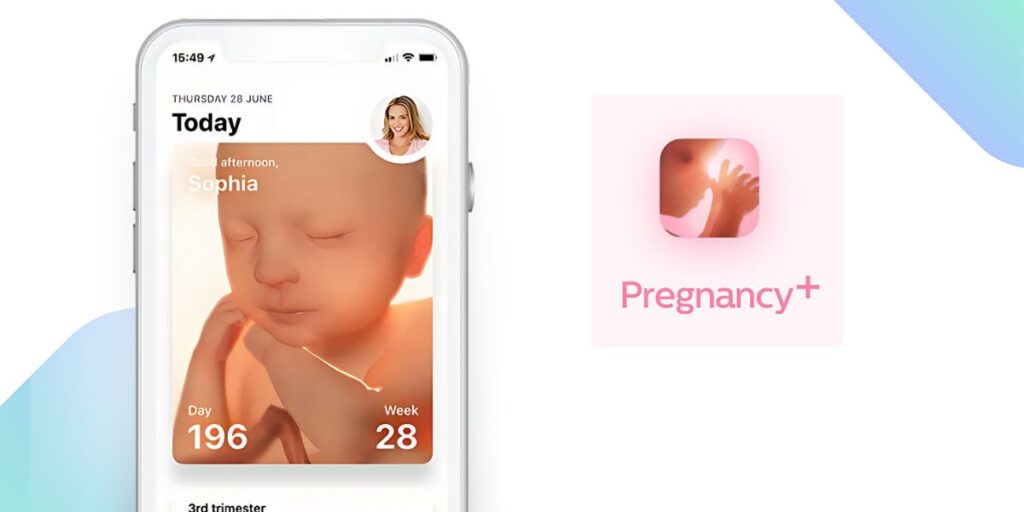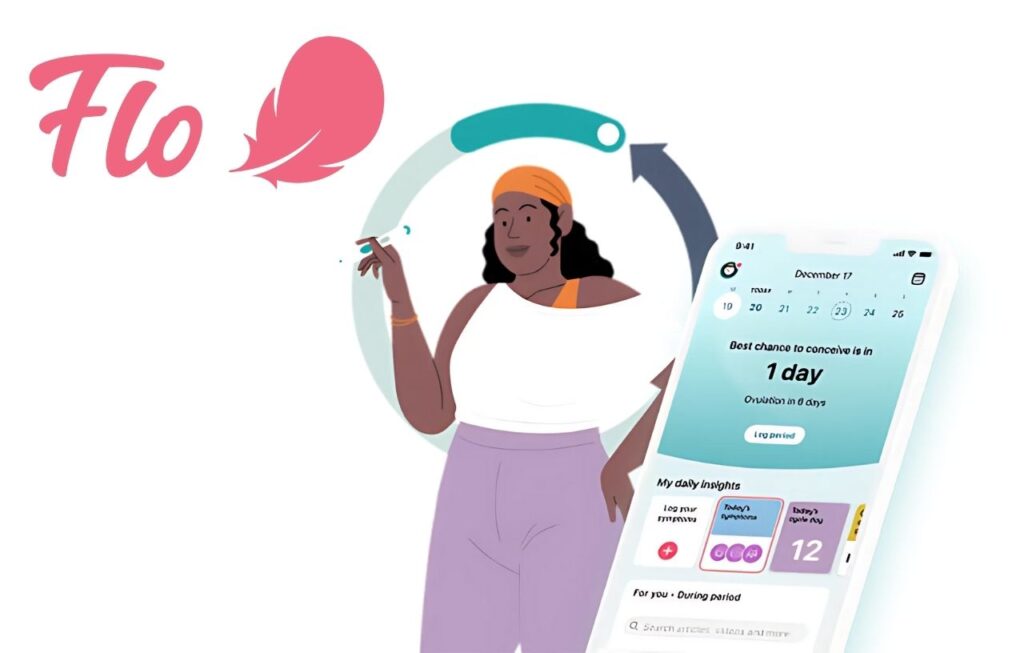Anúncios
Why Pregnancy Test Apps Matter
In today’s fast-paced digital world, technology has become an essential ally in women’s health.
Among the many innovations, pregnancy test apps stand out as powerful tools to help women track their cycles, monitor early symptoms, and detect pregnancy with greater accuracy.
While traditional home pregnancy tests remain the gold standard for confirmation, these apps provide valuable insights long before you see two lines on a stick. From predicting fertile windows to helping you understand subtle body changes, pregnancy apps combine science, data, and accessibility — giving women control over their reproductive health like never before.
Anúncios
But how exactly do they work? How reliable are they? And which apps are worth downloading in 2025? Let’s dive deep.
What Are Pregnancy Test Apps and How Do They Work?
Pregnancy test apps are mobile applications designed to assist women in identifying possible signs of pregnancy or tracking their chances of conceiving. Unlike physical tests, these apps don’t detect the hormone hCG in urine. Instead, they rely on algorithms that analyze data such as:
Anúncios
-
Menstrual cycle length and regularity
-
Ovulation predictions
-
Basal body temperature (BBT)
-
Cervical mucus observations
-
Lifestyle habits (sleep, stress, exercise)
-
Self-reported early pregnancy symptoms
By combining these data points, the apps provide predictions about fertility windows, missed periods, or the likelihood of pregnancy. Some even integrate with wearables like smartwatches to gather continuous data.
Benefits of Using a Pregnancy Test App
Why are millions of women worldwide choosing these apps? The reasons go beyond curiosity. Here are the main benefits:
-
Early Awareness: Detect potential pregnancy before taking a physical test.
-
Cycle Tracking: Understand your body better and predict ovulation with precision.
-
Symptom Monitoring: Record changes in mood, energy, cravings, and other early signs.
-
Data History: Keep a personal health log accessible anytime.
-
Privacy & Discretion: Check possible pregnancy signs without immediately purchasing a test.
-
Accessibility: Many apps are free or offer basic versions with enough features for daily use.
Best Pregnancy Test Apps in 2025
Here are some of the most popular and reliable apps currently available:
1. Flo
-
Features: Period tracking, fertility window prediction, AI-based symptom analysis.
-
Why it stands out: Sleek interface, community forums, and advanced personalization.
-
Best for: Women seeking a balance between cycle tracking and health insights.
2. Clue
-
Features: Data-driven cycle predictions, symptom recording, scientific backing.
-
Why it stands out: Neutral, inclusive language; trusted by researchers.
-
Best for: Those who prefer accuracy and medical credibility.
3. Glow
-
Features: Fertility tracking, community support, pregnancy chance predictions.
-
Why it stands out: Strong focus on conception support.
-
Best for: Couples trying to conceive.
4. Ovia Fertility & Pregnancy
-
Features: Fertility tracking, pregnancy mode, nutrition tips.
-
Why it stands out: Personalized feedback based on user data.
-
Best for: Women who want a “two-in-one” app for fertility and pregnancy.
5. Premom
-
Features: Ovulation test integration, fertility graphs, symptom analysis.
-
Why it stands out: Works seamlessly with physical ovulation kits.
-
Best for: Women seeking both digital and physical confirmation.
6. Maya
-
Features: Cycle tracking, mood and symptom recording, pregnancy chance alerts.
-
Why it stands out: Fun interface with visual cues.
-
Best for: Younger audiences who want simplicity.
-
How Reliable Are These Apps?
This is the million-dollar question. While pregnancy test apps can be helpful, they are not medical diagnostic tools. Their accuracy depends on:
-
Consistency of input: The more data you log, the better predictions become.
-
Cycle regularity: Women with irregular periods may get less accurate results.
-
Use of physical tests: Apps should be seen as supportive, not definitive.
Studies suggest that most apps are 80–90% accurate in predicting ovulation, but their ability to confirm pregnancy is limited. The only true confirmation comes from urine/blood hCG tests or medical evaluation.
Signs You Should Still Take a Traditional Pregnancy Test
Even if your app suggests pregnancy, take a test if you notice:
-
A missed period for more than a week
-
Persistent nausea and vomiting
-
Extreme fatigue
-
Breast tenderness and swelling
-
Increased urination
-
Unexplained mood swings
Apps can guide, but physical confirmation is essential.
Tips for Choosing the Best Pregnancy Test App
When selecting your app, consider:
-
Accuracy: Does it rely on scientific data?
-
Privacy: How is your health information stored?
-
Ease of use: Is the interface intuitive?
-
Community: Does it offer forums or expert insights?
-
Cost: Are premium features necessary for your needs?
Privacy and Data Protection Concerns
One of the hottest debates surrounding pregnancy test apps is data privacy. Since these apps handle sensitive reproductive health information, you must:
-
Read privacy policies carefully.
-
Prefer apps with transparent data use and GDPR compliance.
-
Avoid apps that sell data to third parties.
-
Consider using offline or subscription-based versions for enhanced security.
Real-Life Experiences: What Users Say
Across app stores, users highlight both positives and negatives:
-
Flo & Clue: Loved for accuracy and educational content.
-
Glow: Mixed reviews due to community feature; praised for TTC support.
-
Premom: Favored by women who also use ovulation kits.
These real-world testimonials emphasize that no app is perfect, but most users find them helpful companions on their fertility or pregnancy journeys.
Final Thoughts: Technology as an Ally for Women’s Health
Pregnancy test apps are not meant to replace doctors or physical tests, but they empower women with valuable knowledge about their bodies. From tracking cycles to identifying subtle changes, they transform smartphones into digital health allies.
For anyone navigating uncertainty, these apps offer a discreet, accessible, and supportive first step toward understanding possible pregnancy.
👉 If you’re curious about early symptoms, check our related article: First Signs of Pregnancy: Discover the Most Common Early Symptoms





